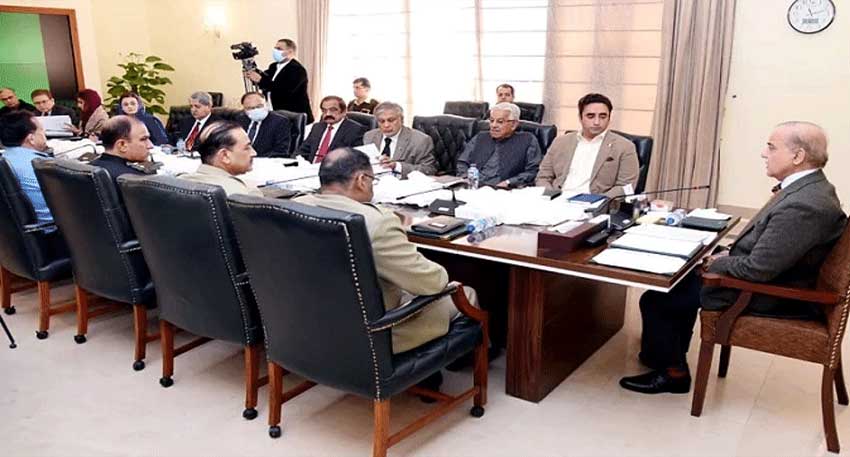
Prime Minister Shehbaz called the NSC meeting following India s unilateral decision to suspend Indus Waters Treaty and close the Attari-Wagah border.
The actions taken by India have received widespread criticism, with Pakistani officials describing the step as both hasty and unjustified.
The NSC would focus on Pakistan s response to India s recent actions, including the suspension of the Indus Waters Treaty, as per PMO.
Defense Minister Khawaja Muhammad Asif condemned India s decision, saying that the unilateral actions are violation of international treaties.
To resolve the dispute between two neighbouring countries, the World Bank (WB) brokered the Indus Waters Treaty in 1960.
Talking to media, Defence Minister Khawaja Asif asserted Pakistan s readiness to give “substantial response” to India’s provocative actions.
Also Read: India suspends Indus Waters Treaty with Pakistan, closes Attari border check post
Asif criticised the India’s longstanding desire to revoke the Indus Waters Treaty, citing reports that India has been contemplating such a move for over a decade.
Moreover, the Indian government’s actions have extended beyond the waters dispute. India cancelled visas for all Pakistani nationals and ordered Pakistan’s diplomatic staff to leave the country.
Read More: Pahalgam Attack: What the suspension of SAARC Visa Exemption Scheme means for Pakistanis
As the NSC gears up for today’s crucial meeting, diplomatic sources indicate that Pakistan remains open to dialogue, but maintains that India’s recent actions have eroded the foundation of bilateral cooperation.
“Pakistan is not looking to act impulsively. Our approach will be measured and strategic,” stated Asif, emphasizing the significance of international law in addressing the dispute.
Prime Minister Sharif’s decision to convene a National Security Committee meeting signals a unified national stance, with leaders across the political spectrum backing a strong response to India’s provocations.




